Terms and Conditions
of Service
These terms and conditions of service constitute a legally binding contract between the “Company” and the “Customer”. In the event the Company renders services and issues a document containing Terms and Conditions governing such services, the Terms and Conditions set forth in such other document(s) shall govern those services.
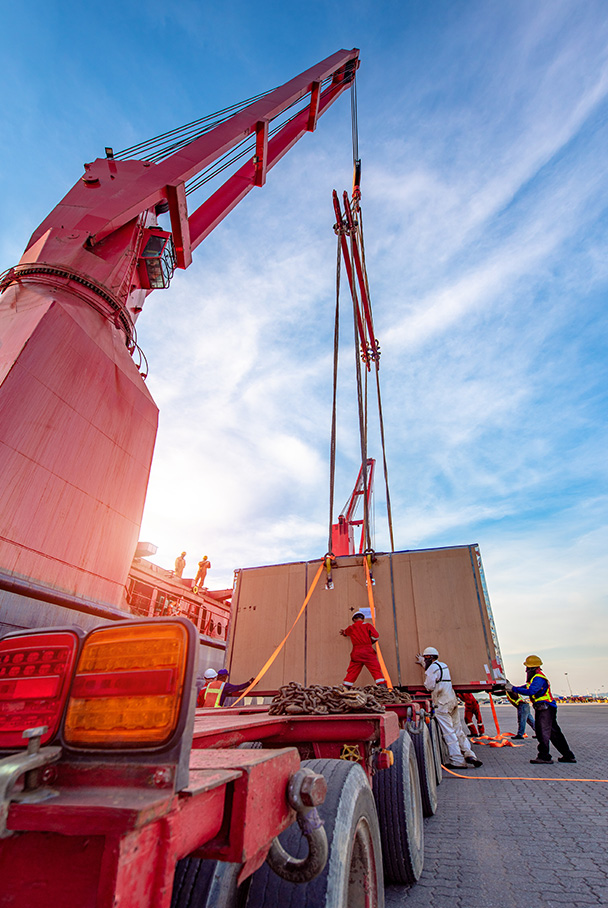

Credit Application
Before credit is granted to any customer, steps are taken to investigate the credit history of the applicant. The purposes of the credit application include obtaining: information for credit review and approval purposes, information for ordering and delivery of services, an acknowledgment of the creditor’s terms and conditions of sale, and information for the collection effort.
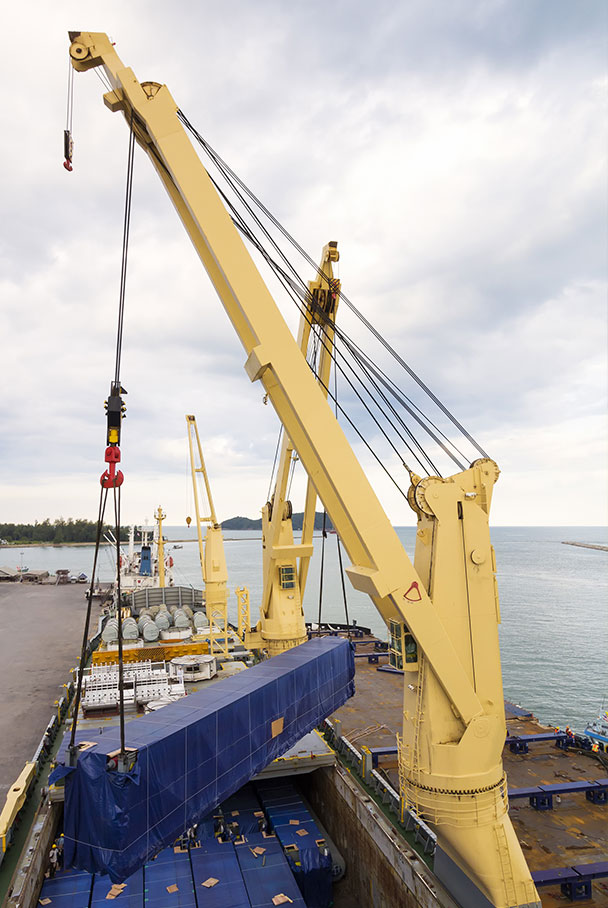
Customs Power of Attorney
Compliance is an evolving process in daily business activity. One of the most important documents that an international logistics provider has with its clients is the Customs Power of Attorney document. In order to process import or export customs filings and arrange a shipment, we need a formal authorization from the exporter to act on their behalf.

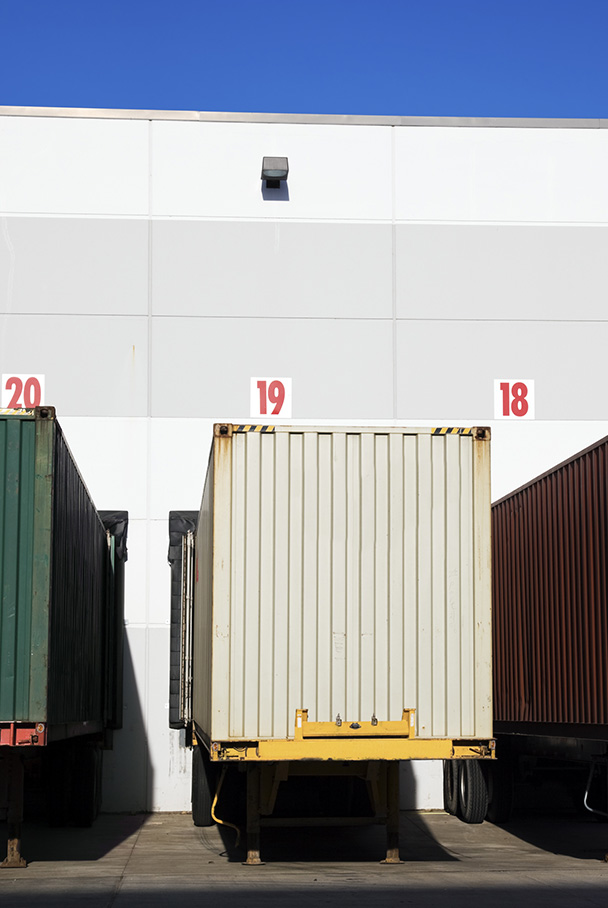
Importer Security Filing
The Importer Security Filing and Additional Carrier Requirements (commonly known as “10+2”) went into effect on January 26, 2009. This new rule applies to import cargo arriving to the United States by vessel. Failure to comply with the new rule could ultimately result in monetary penalties, increased inspections and delay of cargo. The information submitted in Importer Security Filings improves U.S. Customs and Border Protection’s (CBP) ability to identify high-risk shipments in order to prevent smuggling and ensure cargo safety and security.
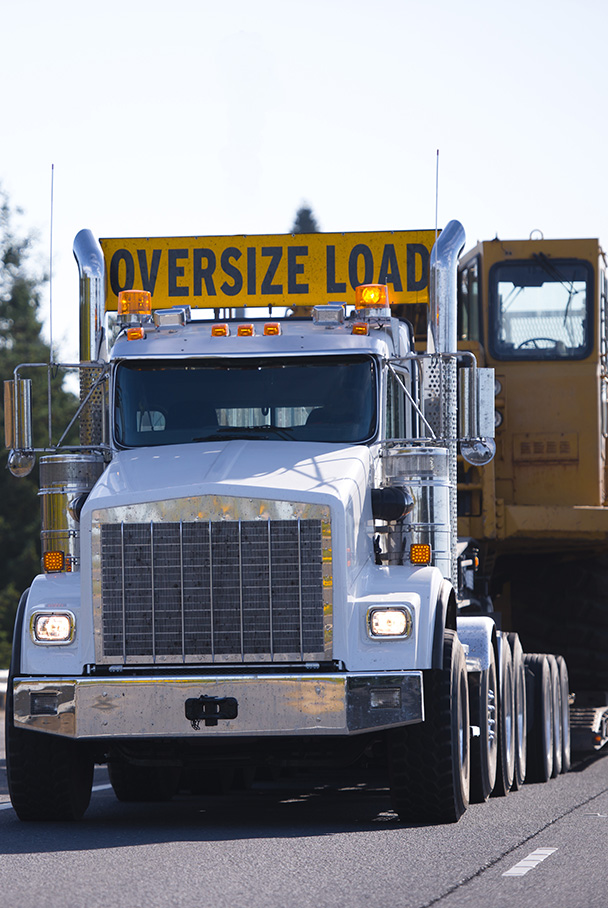
Shipper's Letter of Instruction (SLI)
A Shipper’s Letter of Instruction form serves multiple purposes: to provide transportation and documentation instructions; to provide export control and reporting information; and to convey authorization to the forwarding agent to transmit Electronic Export Information (EEI) to the Automated Export System (AES).

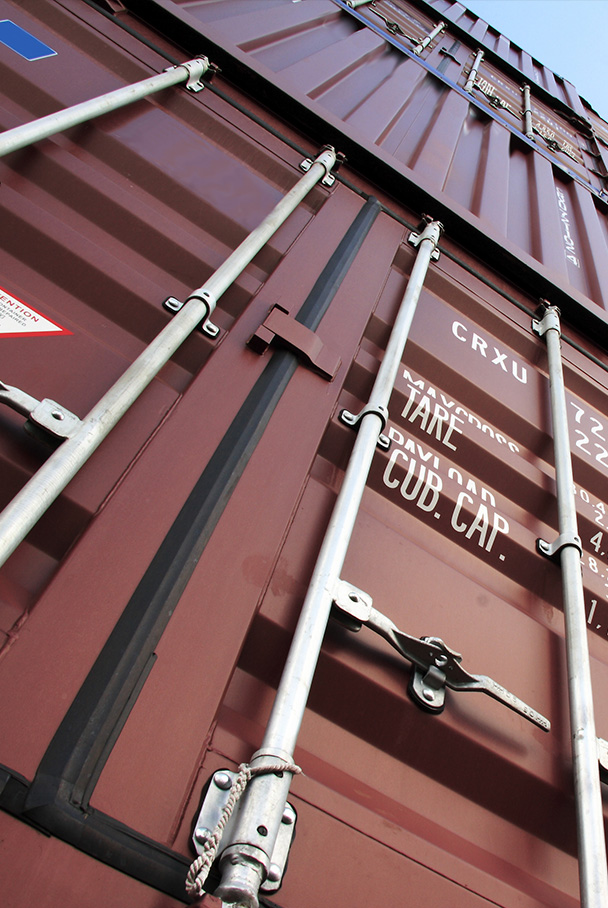

IMO Dangerous Goods Declaration
The IMO uses the International Maritime Dangerous Goods Regulations Code (IMDG Code) as the basis for international enforcement of dangerous goods transportation by vessel. These regulations are amended every two years with each amendment valid for three years.
The IMDG Code requires the following:
A declaration from the consignor stating that the particular dangerous goods declared are identified, classified, packaged, marked, labeled and placarded correctly.
A declaration from the person packing the container to ensure it has been done correctly.
SOLAS Container Mass Verification Requirements
The purpose for verification of the gross mass of the container is to know the accurate gross mass of a packed container, which is critical to ensure correct stowage and stacking and avoid collapse of container stacks or loss overboard. This is an important safety measure, which is aimed at saving lives and preventing injury and the destruction of property.
To learn more, please visit the International Maritime Organization (IMO) web page by clicking the button below.
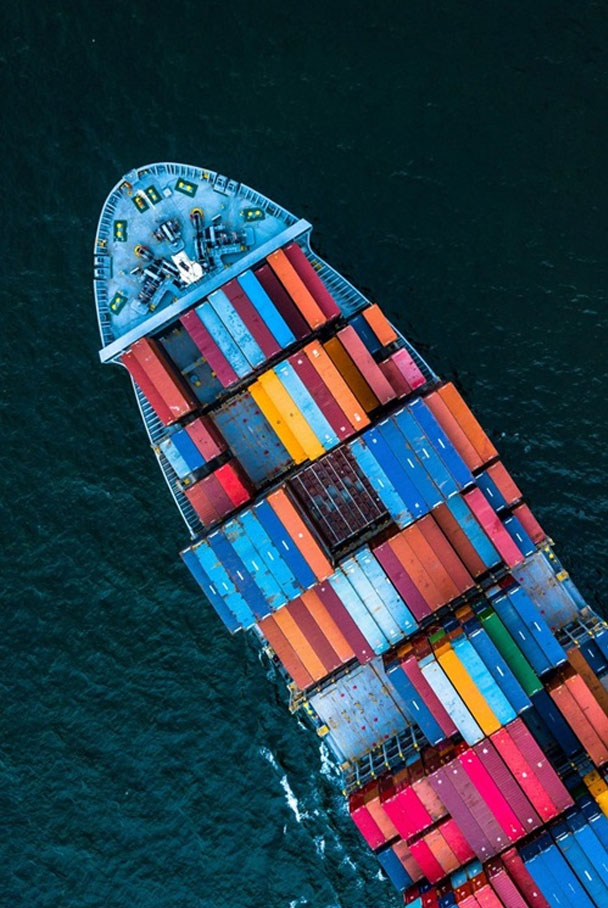
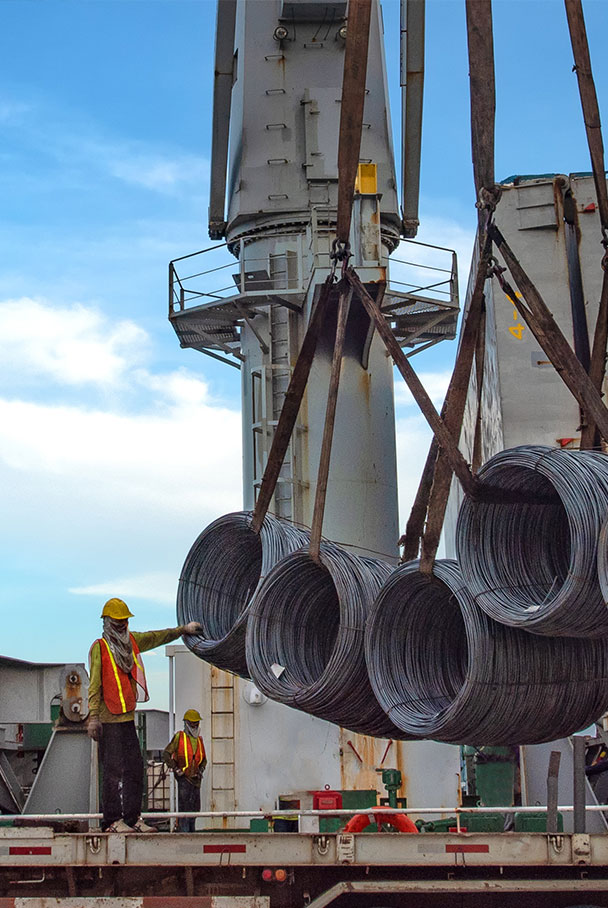

Incoterms 2010 Reference Chart
Shippers worldwide use standard trade definitions (called Incoterms) to spell out who’s responsible for the shipping, insurance, and tariffs on an item; they’re commonly used in international contracts and are protected by International Chamber of Commerce (ICC). Incoterms significantly reduce misunderstandings among traders and thereby minimize trade disputes and litigation. Familiarize yourself with Incoterms so you can choose terms that will enable you to provide excellent customer service and clearly define who is responsible for which charges.
Last Published: 3/21/2018
